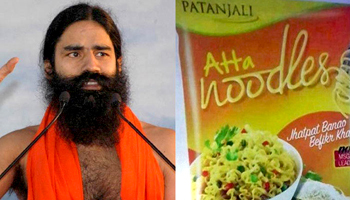Bengaluru, Jan 17: Karnataka Health Minister and BJP leader B Sriramulu on Friday claimed that Congress supports Social Democratic Party of India (SDPI) and Popular Front of India (PFI) to disturb peace in the state.
His statement came after the arrest of 6 SDPI supporters in connection with an attack on a BJP-RSS follower during a pro-CAA rally held in December last year.
"The Congress party 100 per cent supports SDPI and PFI. Whenever they do not get the power, they try to disturb the peace with the support of SDPI and PFI. I will propose in Karnataka Assembly session to ban these organisations in Karnataka. We will discuss this matter," Sriramulu told ANI.
"We had already demanded for the ban on these organisations in Karnataka when I was an MP. Shobha Karandlaje, Yediyurappa and I had met Rajnath Singh, the then Home Minister in Delhi and we had given a memorandum to ban SDPI and PFI," he added.
A case has been registered against arrested SDPI supporters under relevant Sections of the Indian Penal Code (IPC). Bengaluru Police is constituting a new Special Investigation Team (SIT) to handle this case.
"There were 6 people belonging to SDPI, who were here to carry out attacks on leaders supporting CAA. These people were being paid Rs 10,000 from their handlers to create ruckus here. Now this will be handled by the Anti-Terror unit," said Bhaskar Rao, Bengaluru Commissioner of Police.
Earlier today, Karnataka Minister Jagadish Shettar called for a ban on SDPI.
"SDPI always denies their involvement but it has been proved now. I welcome the police's action. Their organisation should be banned as they have always been involved in anti-social activities and government of India should take very serious note of this," Shettar told ANI here.






Comments
how standard can make out from his own pic.
Below Standard products of below standard person , Wa Kya Bath Hey!
Ban all his products
UGLY MAN , UGLY PRODUCTS....!
he is a dirtiest person, how his product became a pure its logic. taurine person........
Guyz, just look at him. How do u expect quality standards from him?
Anyway good luck Sanghis, you are unclean anyway, now u can grow more unclean and unhealthy... Jai #MoNa
They are using cow urine in to it....substandard....
Low standard man will obviously have low standard products.
Add new comment